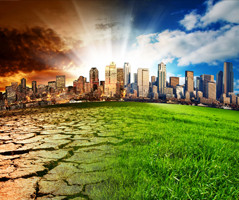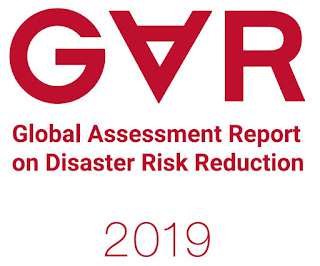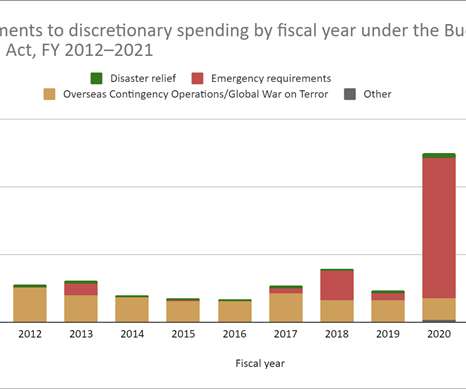NCDP 20th Anniversary Reflections and Impacts
National Center for Disaster Prepardness
OCTOBER 26, 2023
In 2003, the National Center for Disaster Preparedness (NCDP), Columbia University, was founded to provide an academically based, interdisciplinary center focused on the capacity to prevent, respond to, and recover from disasters. and international disaster preparedness, response, and long-term recovery.












Let's personalize your content